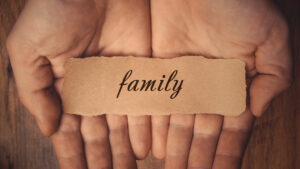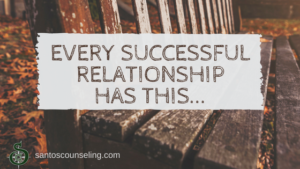Ways To Form A Healthy Attachment With Your Adopted Child
Now that you have adopted your child and brought your bundle of joy home. “The true work begins”.
PARENTING…
You may find yourself experiencing the following cycles of questions.
- “How am I going to create a strong attachment with my child?”
- “What am I supposed to do in order to show my child that I am mom/dad?”
- “What if he/she hates me?”
- “What if he/she feels that they do not belong?”
Regardless of your child’s upbringing – he/she has the ability to form a healthy attachment “healthy child-parent bond” with you as long as you are willing to do your work as the parent. In that – “no matter your history as the parent, you have the ability to form a healthy, secure, well-balanced relationship with your child”.
How to develop or even strengthen the relationship “healthy attachment” between you (the parent) and your child?
5 ways to form healthy attachment when adopting
1. Be present verbally and non-verbally.
2. Get off your phone. Put your work down.
Give yourself entirely to your child. Your child should be able to see that you are truly invested in them “not just know through words”. Don’t assume that your child understands you are their parent and that you’ll be there for them. Be present. Allow your actions to speak and justify your meaning.
3. Explore walking in your child’s shoes.
Consider how your son/daughter may be “thinking right now” or even consider how your non-verbal and verbal actions would be perceived from their point of view. If you are not sure – “ask your child”. “My son, what are you thinking right now?” or “Daughter how do you feel about what I just said or did?”.
4. Your child needs to feel 100% secure when it comes to “MOM or DAD being available”.
During the times that your child is seeking your attention regardless if it’s playful or emotionally sought – be there as soon as possible. It is truly vital for your child to create a personal understanding “that mom/dad loves me because when I cry they are there for me” or “when I am hurt they are there for me” or “when I want to play they are there for me”.
5. Remember sometimes a child shows anger because they do not know how to show loneliness or feelings of abandonment.
Anger is simply easier to show. I understand that you, as the parent are hurt and in pain by your child’s emotional expressions. Yet – I encourage and urge you to understand that your child is not angry. The words “I hate you” do not mean “I hate you”. The words “You don’t love me” do not mean “you don’t love me”. Your child is often testing you to create a personal understanding – “does mom/dad love me?”; “does mom/dad hate me?”.
I once had an adoptive family that I supported during their time of need. I remember an important message that continues to follow me. “If my child wants me to kiss them 100 times before going to bed, I will without a moment of hesitation”. Counseling can help!
You are an incredible parent!



